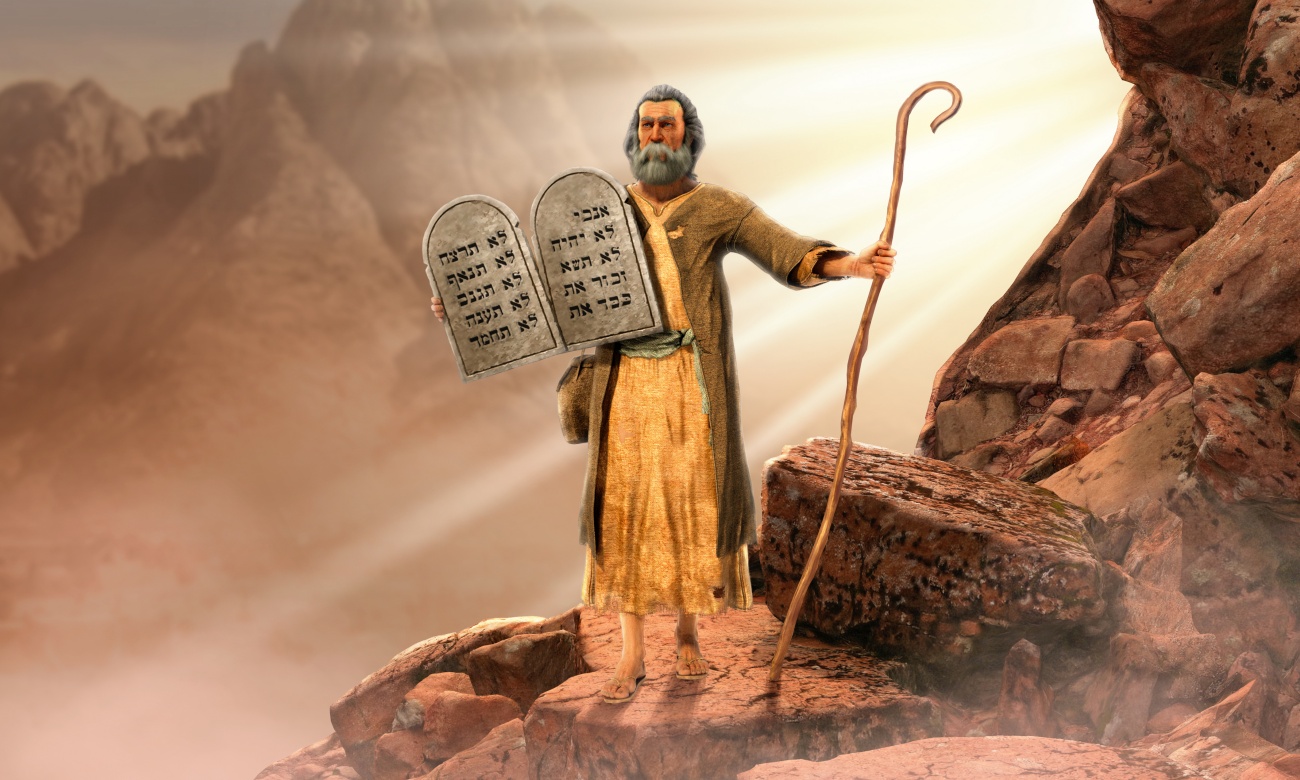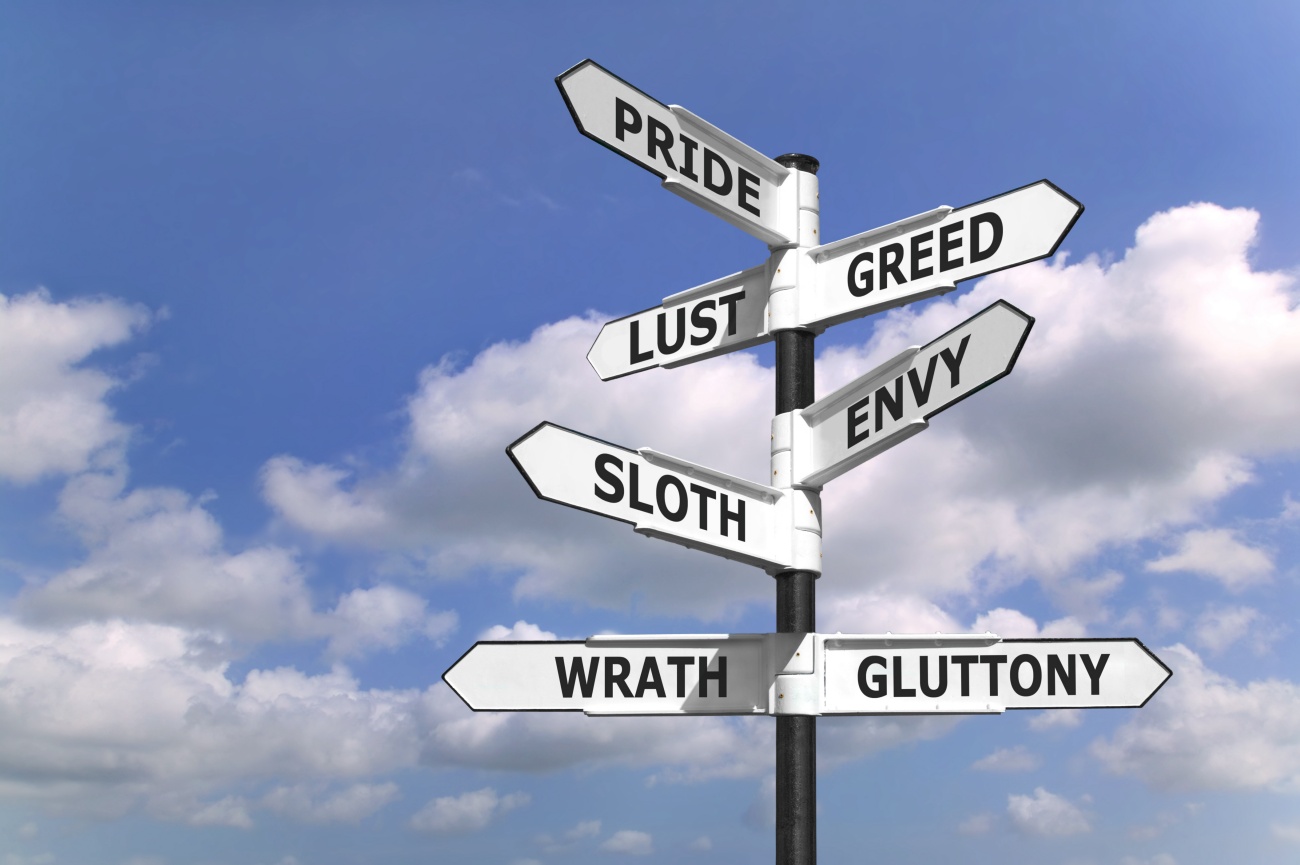The Everpresent Problem of Idolatry Exodus 32:15-34
If there is no faith in God, distraction and disorder abound, and division becomes the norm.
We know the scene. Moses had remained on top of Mt. Sinai engaged in conversation with the Lord for a very long time. We see Moses presenting the Lord with three arguments in an effort to persuade him to remain faithful to the covenant he had made with Abraham. And at the end of that time, Moses was given the tablets with the Ten Commandments, engraved by God himself, and he turned to go back down to the people.

Moses had been gone so for so long that the Israelites, in their weakness, their impatience, and the immaturity of their faith, began to feel that they would never see Moses again and gathered around Aaron demanding that he make a god for them that would go before them, even though they had been commanded not to represent the Lord in any visible form.
As Moses drew near to the base of the mountain, he heard shouting in the camp and found the people dancing around a golden calf. In his anger, he threw the tablets down and broke them. He destroyed the golden idol in the fire and “cast its ashes on the water and made the people drink it for they had committed a grave sin against God.” Moses returned to God the next day to, once again, face God and appeal to his mercy on behalf of his children.

The theme of this passage is that of idolatry, that is, turning away from the true God and giving ourselves over to false gods, idols of any and every kind. In the early 20th century, G.K. Chesterton, named the idolatry of our postmodern times when he wrote, “When men choose not to believe in God, they do not thereafter believe in nothing, they then become capable of believing in anything.” In our increasingly secularist, agnostic, and even atheistic times, the variety and number of idols that we choose to distract us, or that we give our whole selves to, are multitudinous, and as empty as ever.
Thomas Merton, a 20th-century Trappist monk and writer, remarked in his book No Man is an Island: “Where there is no faith in God there can be no real order…” If there is no faith in God, distraction and disorder abound, and division becomes the norm, in society and sadly, even in the Christian community. When things like the desire for power, or political victory, or greed in its many subtle and not so subtle forms, or the siren call of fame, or the divinization of the self, become our idols, chaos reigns, and the natural order created by God begins to fall apart. Does this sound familiar? It was true in the desert of Exodus, and it is so today.

Moses knew God. He knew the Lord well enough to argue with him on behalf of the stubborn children that he had put him in charge of to lead. God’s mercy and his justice were clear to Moses. He knew that God’s love was real, faithful, and everlasting. God does not change; his love for us, his children, is eternal. When we rebel, his justice is true, yet his mercy is bountiful. If we have faith in God, if we return to God and willingly and humbly submit to his will and obey his commandments, all things become possible, even the forgiveness of our most grievous sins.
Lord, help us identify and turn away from the subtle idols we have unwittingly, or consciously placed before our love and faith in You. Give us the grace to see through their false appeals to our minds and our emotions, and the courage to turn back to you with our whole heart, our whole mind, and with our whole strength. In you alone is everything ordered toward that which is really good, true, and beautiful. In you alone can we find the true happiness that our hearts were made for and naturally desire.
SKM: below-content placeholderWhizzco for FHB

